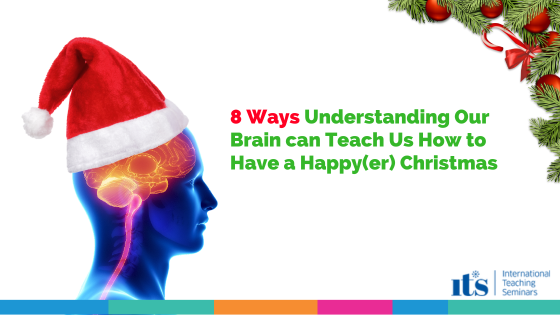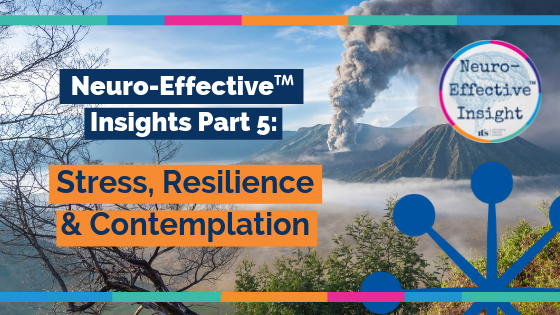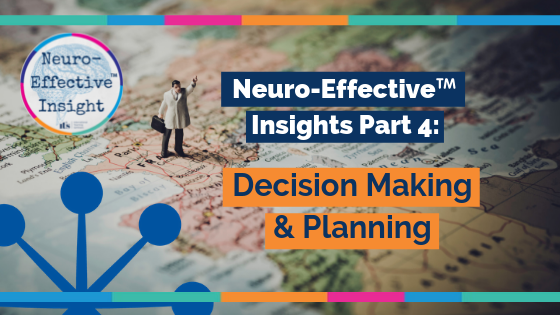Being a leader is not about commanding vast armies of people, nor is it about having power over others. People who seek power over others are usually chronically disempowered individuals themselves. Nor is leadership about control: the better you are as a leader the more you are able to influence. The more influential you are, the less you need to try to control.
These are learnable leadership skills. The ITS Practitioner Programme gives you tried and tested practical tools – combined with supporting neuroscience research – to show you both what works and why it works. People come from all over the world to take this programme because of it’s practical how to techniques.
However, I think there’s another dimension which is just as important. To enhance someone’s ability to be a leader, one must first enhance the individual who will be that leader. To be a good leader of others you first need to know how to lead yourself. And to really lead yourself you need to know how to be true to yourself. Because this is part of the programme people emerge as real leaders in their own lives.
I wanted to capture some of the ways this shows up in practice. I think you’ll find these two short audio clips interesting if you want to know what’s possible when people have both the will and the way.
If you would like to learn more about transforming the way you lead please visit our website for further information on our NLP Practitioner Programme starting this coming September





On “Transform the Way You Lead”, another way of transforming our way of leading apart from the ones mentioned above is to inject HEARTfulness into our leading styles. HEARTfulness or being HEARTful to others, I think, makes a great difference not only in leading ourselves and others, but also in all human relationships. There’s nothing more enjoyable and have better performance in my work place if my leader functions with a loving-kindness attitude towards their “followers”. Being HEARTfully energised as workers won’t let you notice you’re working as you yourself do what you “have to” do, but rather you WANT TO and CHOOSE TO do that which you NEED TO do. As a worker in my organisation, it’s not WHAT I do, but HOW I do things and this comes from being HEARTful myself. No one would argue that receiving loving kindness from someone is far better than the other way.
_ _ _ _ _
Ross Galán, Ph. D.
NLP Spiritual Life Coach